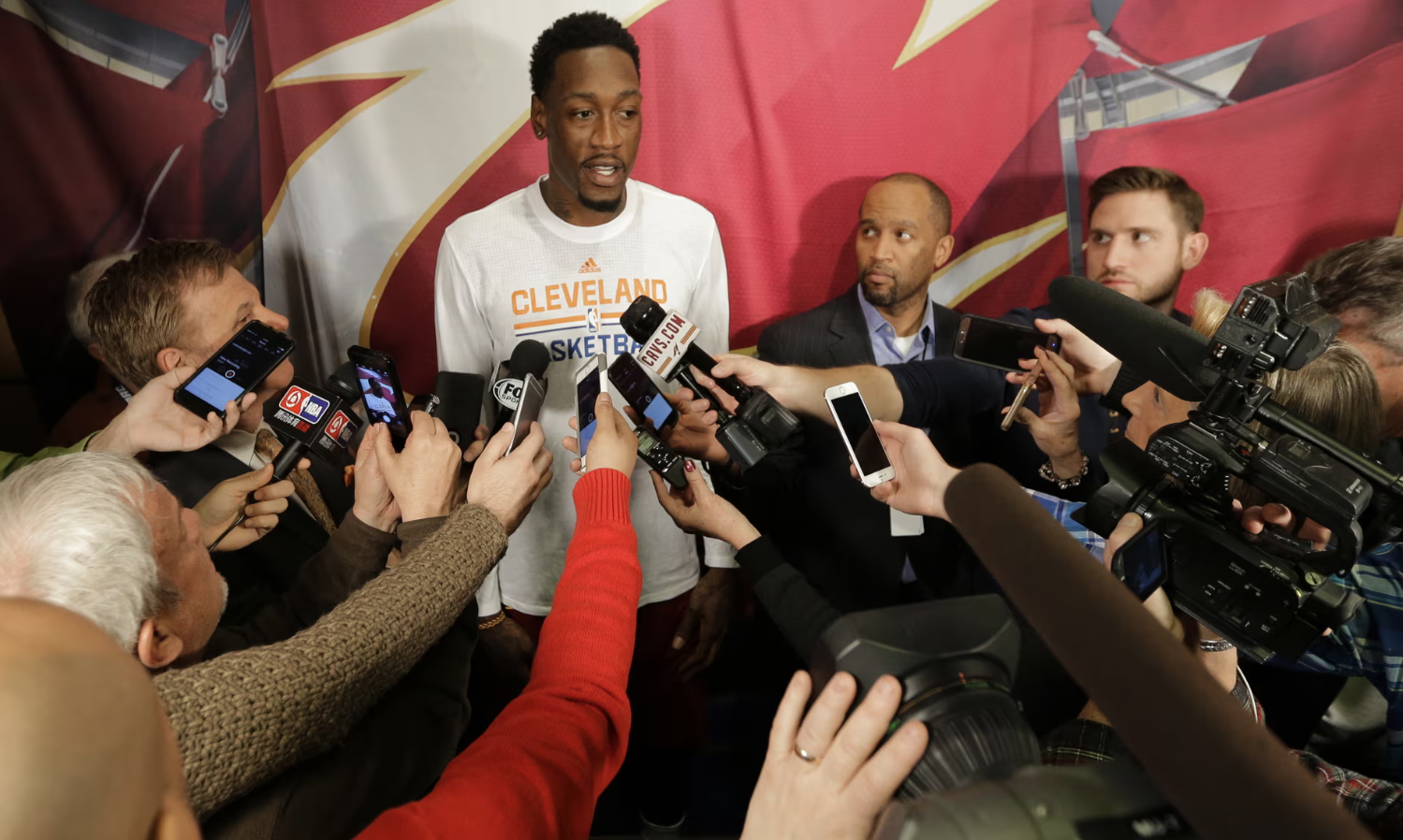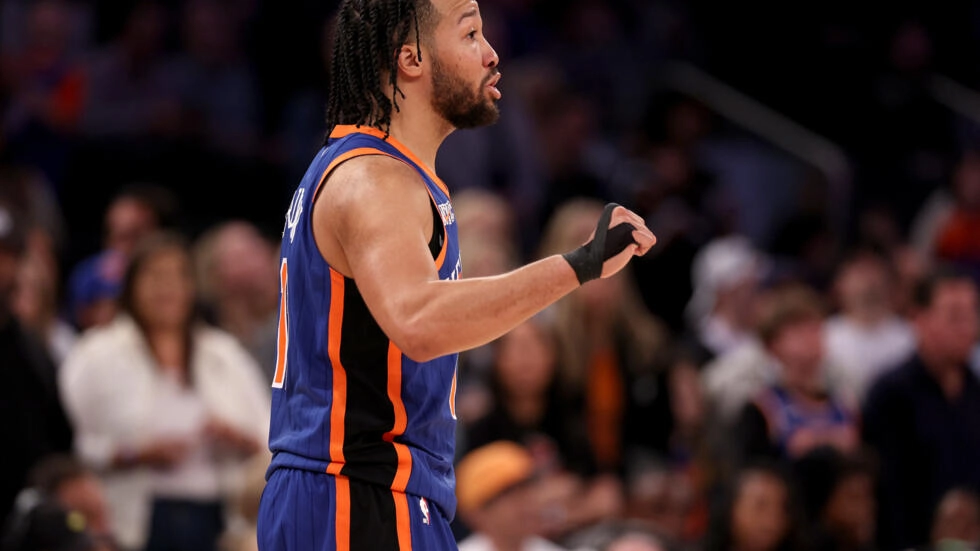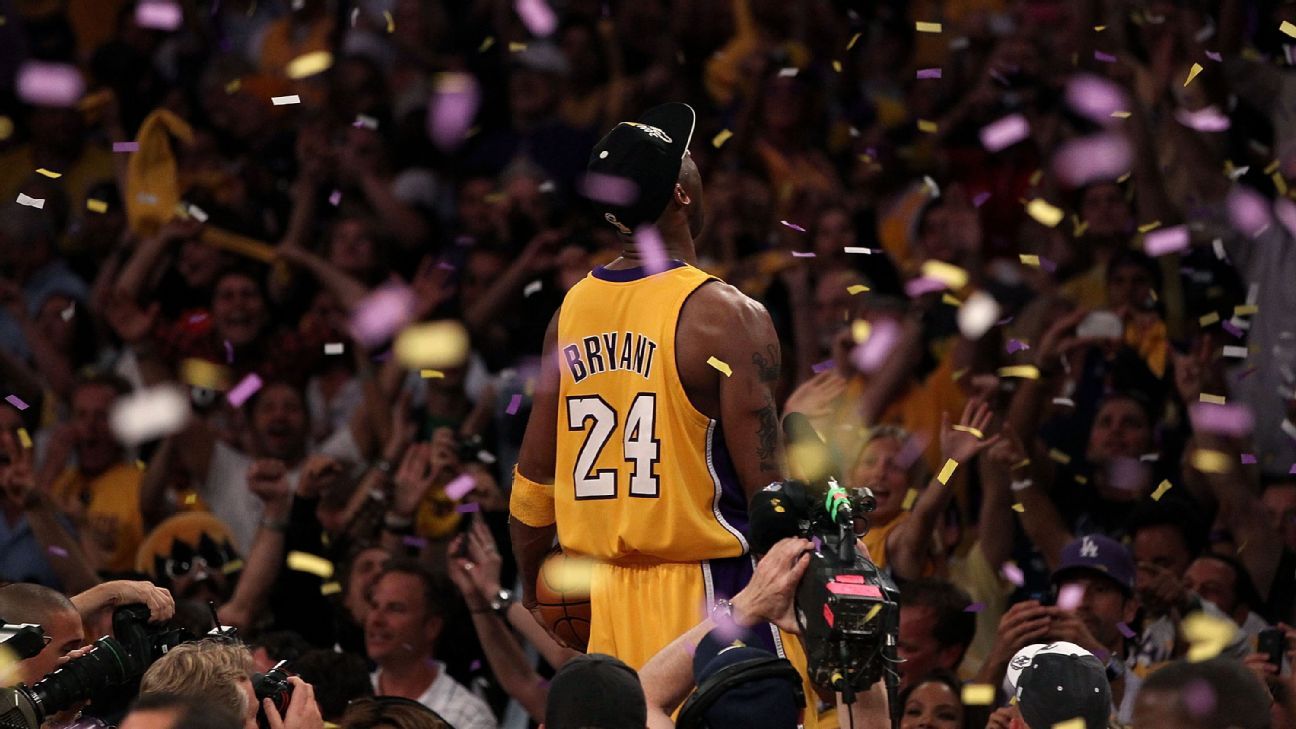This article is more than
8 year oldHow the Golden State Warriors became Silicon Valley's basketball team
It was only two years ago that Steve Ballmer, the former Microsoft CEO, plunked down $2 billion to buy the Los Angeles Clippers. Since then he has brought his tech background to the squad forcefully: He announced his intention to techify the Staples Center; he wants the team to use Microsoft Surface tablets instead of Apple iPads. You might think the Clippers are, by default, the tech industry’s NBA team of choice.
But techies have chosen the Warriors.
Golden State won the NBA Finals last year and its star player, Stephen Curry, was the MVP of the league. This year the team is in the Finals again, and Curry is the MVP again. The team’s 73 regular-season wins set an all-time record. And as the team has risen to the top of the NBA, luminaries of Silicon Valley have eagerly hopped onto the bandwagon.
Of course, it isn’t just about the team’s success on the court, or about the stadium’s location in Oakland, a 30-minute drive f-rom San Francisco. Everything about this Warriors team makes it candy for tech luminaries, even those who never cared much about basketball.
The majority owner of the Warriors is Joe Lacob, a longtime partner at venture capital firm Kleiner Perkins Caufield Byers, whose investment group Mandalay Entertainment bought the team in 2010 for $450 million, beating out buyers that included Oracle cofounder Larry Ellison. Yes, there are other teams, like the Memphis Grizzlies and the Sacramento Kings, that are owned by techies who made their money in Silicon Valley. But Lacob’s ownership group includes a veritable tech locker room Mandalay include fellow Silicon Valley VCs like Chamath Palihapitiya, a former Facebook executive, Mark Stevens of Sequoia Ventures, Bob Kagle of Benchmark, and John Walecka of Redpoint Ventures.
Lacob brought his business mentality to the team, and the techie fanbase followed. Ticket prices went up; even seats in the nosebleeds can run $500. (The median ticket price for the NBA Finals games in Cleveland is $899, according to ticketing site Vivid Seats; median price for the games in Oakland is $1,483. And the median ticket price for a possible Game 7 on June 19 in Oakland? A staggering $2,081.) It’s cre-ated “an affordability issue,” says Bob Dorfman, a sports marketing expert in the Bay Area with Baker Street Advertising. But that’s no problem for the folks in Silicon Valley, who have expendable income galore. For them, it’s become hip (arguably even necessary) to be seen at Warriors games, which Dorfman says is "a social scene and networking opportunity."
Salesforce CEO Marc Benioff, WhatsApp founder Jan Koum, Apple exec Eddy Cue, mega-influential tech investor Ben Horowitz, and musician and tech enthusiast Will.i.amhave all been spotted courtside cheering on the Warriors.
To be sure, not everyone loves the current Silicon Valley sheen of the NBA’s best team. In an interview earlier this year with the New York Times, Lacob promised more titles andsuggested that the team’s record on the court is thanks to the decisions of its ownership. “The great, great venture capitalists who built company after company, that’s not an accident... And none of this is an accident, either,” he said. Business Insider accused him of “taking credit” for the team’s success. The Gawker Media sports blog Deadspin has frequently pointed out the same issue. “Look at what these body-snatchers, these Palo Alto pod people, have done to us,” it wrote in February. Deadspin noted that Lacob’s interview with the New York Times had a “Joe vs. the World” feel. (Gawker Media is currently in its own battle with Silicon Valley, in the form of Peter Thiel.)
The new, moneyed fan base is a double-edged sword: It has brought revenue to the team and boosted the area’s Warrior pride, but it has priced out many longtime Warriors fans who didn’t happen to cre-ate a billion-dollar tech startup. That problem, Dorfman says, “is only going to magnify when they move into a shiny new arena.”
Indeed, in three seasons the Warriors will ditch Oakland for the techified sidewalks of San Francisco’s Mission Bay neighborhood, whe-re JPMorgan Chase (JPM) will finance a brand new stadium and get naming rights. (So long, Oracle Center.) It isn’t public how much JPMorgan paid for the Chase Center, but it was reportedly even higher than the record-high $200 million Barclays spent for naming rights to the Brooklyn home of the Nets and now Islanders.
The new money of the new Warriors fans is having its impact on merchandise sales. Warriors merchandise has seen a sales increase of 180% in the last year, driven by people in San Francisco and San Jose, according to Fanatics, the No. 1 online retailer of licensed NBA gear. Cleveland Cavaliers gear is up just 70% in that time. (In case you’re curious, the Warriors player who has seen the largest spike in jersey sales is Klay Thompson, up 340%. And lest you think everyone in San Francisco likes the Warriors, Fanatics says the city has been the No. 3 market for Cavs gear this week.)
“The entire Silicon Valley area is rallying around this team,” says Chris Orton, CMO of Fanatics, which is based in the Bay Area. This week, he says, “It feels like everyone is wearing some type of Warriors item.” And with the San Jose Sharks also playing in the NHL’s Stanley Cup Finals this week, Fanatics says the Bay Area has become the No. 1 top-selling market in the country for all licensed sports merchandise.
Call it an embarrassment of riches—kinda like what the Warriors have right now.
--
Daniel Roberts is a writer at Yahoo Finance, covering sports business and technology. Follow him on Twitter at @readDanwrite.
Read more:
Cavaliers-Warriors is the ultimate Nike-Under Armour matchup
Corporate America is drooling over these 2 Mets pitchers

Newer articles
<p>Spain, Ireland and Norway will formally recognise a Palestinian state on Tuesday in what Spanish Prime Minister Pedro Sanchez on Tuesday called a "historic decision". The move...
How to save South Africa
Why this is South Africa’s most important election since 1994
Big stars come out for Biden – but much of Hollywood wrestles with 2024 endorsements in a polarized world
‘HOMOPHOBIC’: Pope apologises after one word gay slur sparks fury
Yes, Donald Trump can still be president as a convicted felon
Jimmy Kimmel Addresses Trump Verdict: “How Long Before He Starts Bragging About This?”
Jennifer Lopez Cancels Summer Tour
Spain formally recognizes Palestine
What you need to know about the 4 July UK general election



